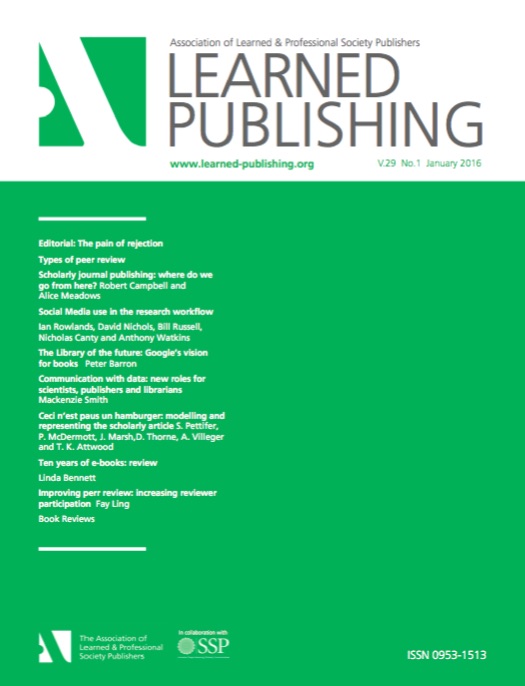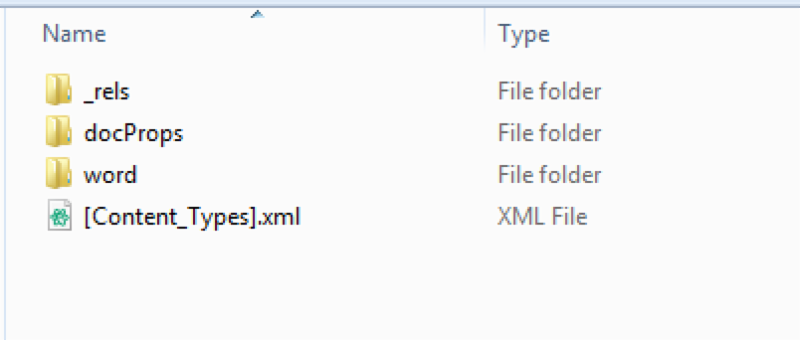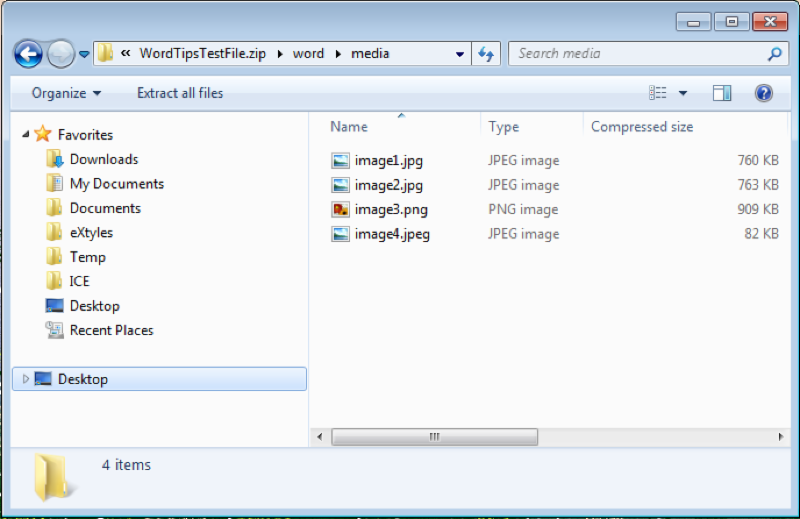What’s new at Inera and around the industry
March 2018 Newsletter

New blog posts, new team members, new publications, and more in the March 2018 Newsletter!
Last call! eXtyles XML Export workshop, Europe edition
There’s still time to register for our eXtyles XML Export workshop! Click here to join us in Brighton, UK, on March 22.
Now online in Learned Publishing: Keeping it authentic with eXtyles ORCID Integration Suite
 In an article for Learned Publishing, Inera’s Robin Dunford and Bruce Rosenblum explain how authenticated ORCID iDs collected via submission systems can be merged with manuscripts, using eXtyles ORCID Integration Suite to reconcile authorship lists, then passed through to the XML without breaking the chain of authentication.
In an article for Learned Publishing, Inera’s Robin Dunford and Bruce Rosenblum explain how authenticated ORCID iDs collected via submission systems can be merged with manuscripts, using eXtyles ORCID Integration Suite to reconcile authorship lists, then passed through to the XML without breaking the chain of authentication.
 Why is this important? ORCID iDs help authors get credit for their work; they also help funding bodies track how effectively their grants are converted into published research. As of 2017, more than 3 million live ORCID iDs were registered, and a growing number of journals require authors to supply their iDs when submitting an article.
Why is this important? ORCID iDs help authors get credit for their work; they also help funding bodies track how effectively their grants are converted into published research. As of 2017, more than 3 million live ORCID iDs were registered, and a growing number of journals require authors to supply their iDs when submitting an article.
Publishers who have signed the ORCID Workflows Open Letter are committed to a set of best practices that includes collecting authenticated ORCID iDs and depositing these iDs with Crossref as part of the XML metadata for each article they publish. But ensuring that the iDs collected through a submission system are authenticated takes some thought and effort. That’s where eXtyles ORCID Integration comes in!
Standardizing standards: Now on Inera.com
We’ve made our webinar series “Standardizing Standards” available all in one place on Inera.com. Co-hosted with Typefi, it features experts from Inera, Typefi, and standards organizations such as ISO. Watch all 8 videos and read the transcripts here!
New on the blog
Crossref is all about making connections! In this blog post, we explain why including DOI links for cited content is so important—and how eXtyles and Edifix, in partnership with Crossref, help you make it happen!
Inera is growing!
Over the past six months we’ve continued to expand what we do, and we’ve also expanded our team! We’re delighted to introduce our three newest team members:
- After completing a master’s degree in publishing, Jo Ripoll joined Inera in November as part of the Administrative and Marketing teams. As well as designing content and working with social media, she keeps both our Boston office and our conference and meeting schedules organized and running smoothly.
- Sylvia Izzo Hunter joined Inera’s Marketing team in January; an eXtyles user from 2011 through 2017, she brings to Inera both boundless enthusiasm for our software solutions and over 20 years’ experience in scholarly communications.
- In late February, we welcomed Laurent Galichet to the Sales and Project Management teams. Another experienced eXtyles user, Laurent brings to his new role a proven track record of implementing single-source publishing in both the STM and standards publishing sectors.
Find Inera at upcoming conferences
 ► eXtyles XML Export Workshop & Typefi User Conference
► eXtyles XML Export Workshop & Typefi User Conference
Brighton, UK, 22 & 23 March
The sixth annual Typefi User Conference will feature a workshop on accessible publishing, customer case studies, and presentations from industry experts, as well as time to share best practices and learn from other users, partners, and staff.
On March 22 at 1:30, join Inera’s Senior Solutions Consultant, Robin Dunford, for a workshop that will empower you to troubleshoot your eXtyles XML exports!
 ► JATS-Con
► JATS-Con
Bethesda, MD, 17 & 18 April
Inera’s Bruce Rosenblum and Joni Dames will be attending this year’s JATS-Con, the peer-reviewed, NLM-hosted conference on all things JATS—but also all things BITS and STS! The full JATS-Con program with abstracts is now available. Catch Bruce’s talks on eXtyles Metadata Extraction at the JATS Vendor Showcase (April 17) and on JATS elements at the JATS Mini Tagging Tutorials
(April 18)!
 ► Council of Science Editors Annual Meeting
► Council of Science Editors Annual Meeting
New Orleans, LA, 5–8 May
Inera’s Elizabeth Blake and Jennifer Seifert will be attending CSE 2018, and Elizabeth will once again be an instructor for the Short Course for Manuscript
Editors!
 ► Society for Scholarly Publishing Annual Meeting
► Society for Scholarly Publishing Annual Meeting
Chicago, IL, 30 May–1 June
Inera’s Elizabeth Blake and Bruce Rosenblum will be attending this special 40th anniversary edition of the SSP Annual Meeting, and Bruce will be co-chairing a session with Christine Orr of Ringgold on Metadata and Persistent Identifiers through the Research and Publication Cycle.
Attending one of these events? We’d love to see you! Please contact us if you’d like to schedule a meeting.
Working with Word
Word Tip: Extracting graphics from a Word file
Do you need to extract graphics files from a Word file? You might want to do this for several reasons, but the primary reason we’ve encountered is a need to answer the question “Do I need to ask the author for higher-resolution graphics files?” As long as the Word file you’ve got is a .docx file, the answer is just a few clicks away!
In Windows Explorer (your My Documents folder), make a copy of the .docx file. Then rename the copy, changing the file extension from .docx to .zip.
→ Can’t see the file extension in Windows Explorer? Here’s how to fix that.
Note: Windows will warn you that “if you change the file extension, the file may become unusable.” You can safely ignore this warning, since (a) it’s unlikely to be true in this case and (b) you’ve already covered your bases by working with a copy of the file, not the original.
Once you’ve created your .zip file, you should be able to open it as you normally would. You’ll see a list of folders, like this:

You’ll find the image files in word>media:

These image files are the highest-quality ones available to you, but may still have been compressed by Word during import. You can extract the files, rename them for your workflow, check the resolution, and work with them as needed … and, if necessary, you can request new, higher-resolution files from the author, knowing you’ve done everything you can to work with the files provided.
This trick works because a .docx file is actually a container for a bunch of other files, just as a ZIP file (or archive) is! The structure behind a .docx file is XML … hence the .docx extension.
Have an intractable Word problem you’d love to solve? Have a clever tip to share? Send it to us at [email protected]!